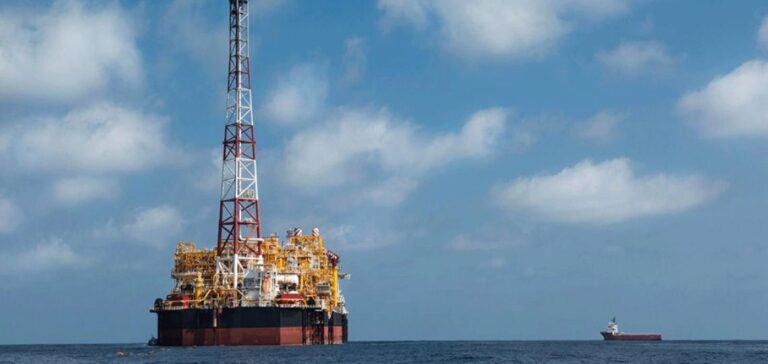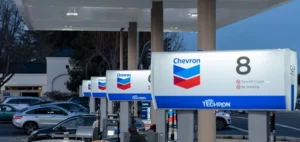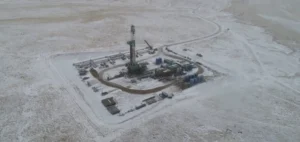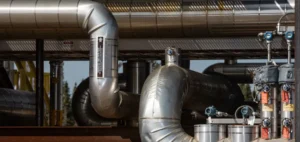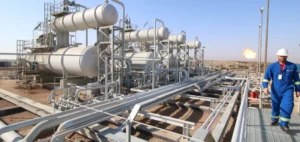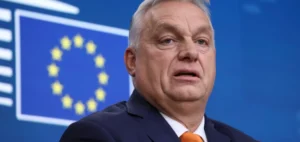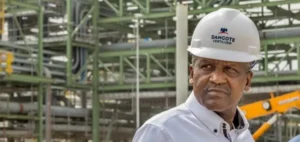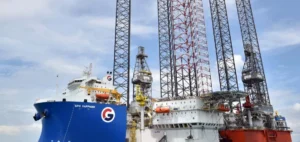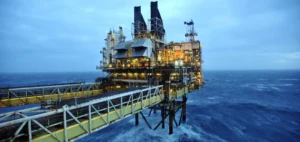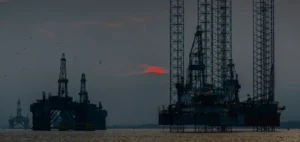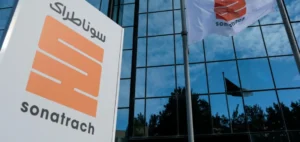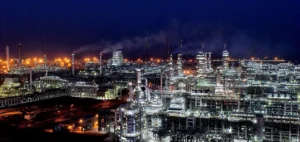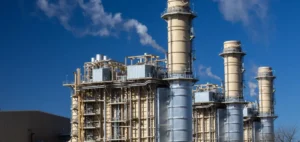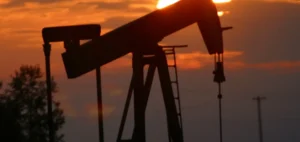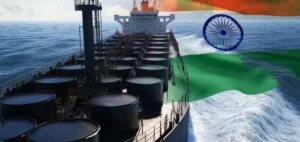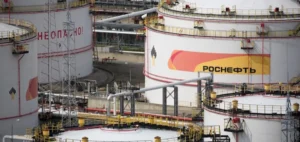Angola, one of Africa’s largest oil producers, is seeking to reverse the declining trend in its crude oil production. The country, which reached a peak of 1.8 million barrels per day in 2010, has seen its production steadily decrease, reaching approximately 1.2 million barrels per day in 2023. This decline has led to a forecasted further drop of 20% by 2031, according to a report by Fitch Solutions published in 2022. To prevent this decline, the Angolan authorities have decided to intensify their efforts to discover new oil reserves.
On February 14, 2025, an agreement was signed between TotalEnergies, ExxonMobil, and the National Agency for Petroleum, Gas and Biofuels (ANPG) to launch new prospective studies in the country’s offshore areas. The focus will be on blocks 17/O6 and 32/21, strategic zones where both oil majors are already operating as partners. The main goal of this programme is to identify new drilling targets, with the hope of ensuring that production stays above the one million barrels per day threshold.
Strategic Blocks to Boost Production
Blocks 17 and 32 are already important producing areas, with fields such as Girassol, Dalia, Pazflor, and Koambo contributing significantly to current oil output. However, to halt the production decline, the Angolan government is focusing on exploring new reserves. The success of these studies could eventually lead to commercial exploitation, which is crucial for maintaining the stability of the national oil sector.
Although early studies suggest promising discoveries, details on the implementation of these works remain largely undisclosed, with little information available regarding the specific timelines and methods to be employed. Nevertheless, this initiative is part of a broader effort by the government to stimulate production and maintain a competitive position in the global oil market. Similar projects have already been launched, such as the one between ANPG and Shell for prospective studies in offshore blocks 19, 34, 35, 37, and 43.
Maintaining Competitive Production Levels
The stated goal of the Angolan government is to stabilize and ideally increase its oil production in the coming years. The current situation in Angola’s oil industry, marked by declining output, has forced the authorities to look for sustainable solutions. The country is aiming to leverage its natural resources by intensifying exploration efforts to offset the reduction in production from existing fields. Failure to discover new reserves could have serious consequences for the national economy, which is heavily dependent on oil revenues.


